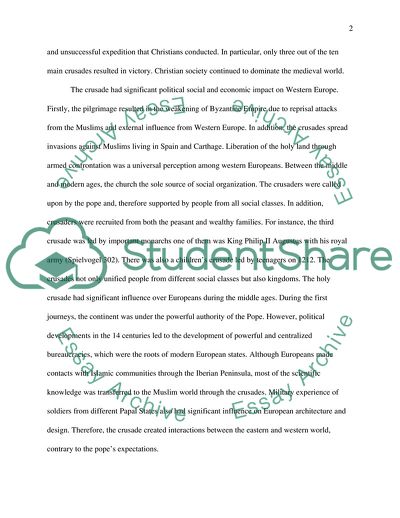Cite this document
(History of European Civilization from the Holy Crusade to the Term Paper - 3, n.d.)
History of European Civilization from the Holy Crusade to the Term Paper - 3. Retrieved from https://studentshare.org/history/1789976-western-civilization
History of European Civilization from the Holy Crusade to the Term Paper - 3. Retrieved from https://studentshare.org/history/1789976-western-civilization
(History of European Civilization from the Holy Crusade to the Term Paper - 3)
History of European Civilization from the Holy Crusade to the Term Paper - 3. https://studentshare.org/history/1789976-western-civilization.
History of European Civilization from the Holy Crusade to the Term Paper - 3. https://studentshare.org/history/1789976-western-civilization.
“History of European Civilization from the Holy Crusade to the Term Paper - 3”, n.d. https://studentshare.org/history/1789976-western-civilization.


